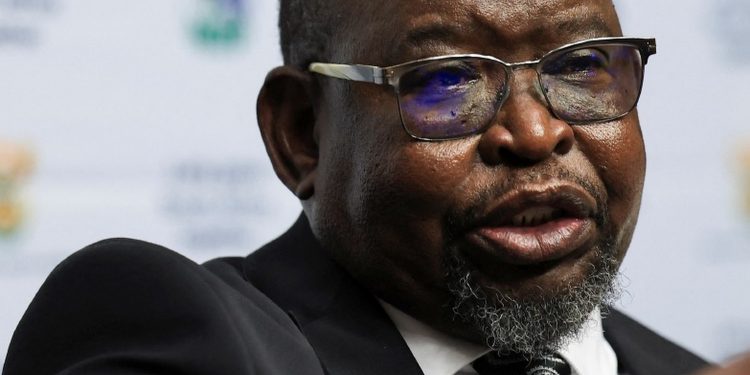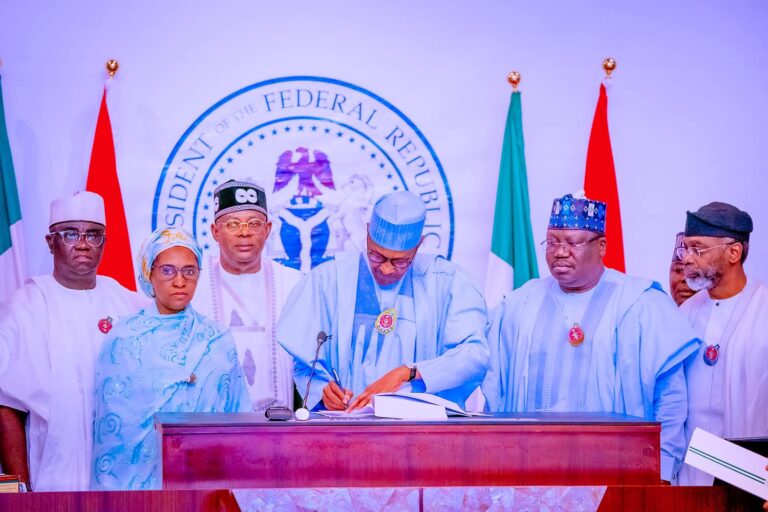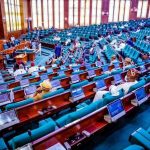South Africa’s Finance Minister, Enoch Godongwana, has announced a phased increase in the value-added tax (VAT) rate, raising it from 15% to 16% over two years. The first increase of 0.5 percentage points will take effect on May 1, 2025, followed by another 0.5 percentage-point hike on April 1, 2026. The decision, revealed during the 2025 Budget Speech on March 12, comes after extensive negotiations within the coalition government.
Initially, a two-percentage-point increase was proposed to address a R60 billion ($3.2 trillion) fiscal deficit, partly caused by the end of U.S. funding for HIV/AIDS programs under President Donald Trump. However, strong opposition from coalition partners, including the Democratic Alliance (DA) and senior African National Congress (ANC) members, led to a compromise for a gradual increase.
Godongwana defended the VAT hike as necessary to fund critical sectors such as health, education, transport, and security. While acknowledging its potential impact on household spending and economic growth, he stressed that the government must meet its constitutional obligations.
The incremental increase is expected to generate an additional R13.5 billion ($736 billion) in tax revenue for 2025/26. To further boost revenue, personal income tax brackets and rebates will not be adjusted for inflation, a move projected to raise R18 billion ($981 billion). This means taxpayers receiving inflation-linked salary increases may find themselves in higher tax brackets, effectively increasing their tax burden.
To cushion low-income households from the VAT hike, the government will expand the list of zero-rated VAT items. From May 1, 2025, tinned or canned vegetables, dairy liquid blends, and various meats—including sheep, poultry, goat, and swine—will be exempt from VAT.
The tax increase has faced resistance from political leaders. DA leader John Steenhuisen reiterated his party’s opposition to tax hikes, suggesting alternative measures such as selling port concessions and cutting government costs. The debate reflects the complexities within South Africa’s coalition government, which delayed the budget’s presentation from February to March for the first time in 31 years due to internal disagreements.
South Africa’s economy has struggled with slow growth, with the Treasury revising its 2025 growth forecast to 1.9% after an average rate of less than 1% over the past four years. The economy grew by only 0.6% in 2024, with a third-quarter contraction linked to weak performances in transport and agriculture, which was hit by disease and drought.
The government aims to stabilize gross loan debt at 76.2% of GDP in 2025/26 while reducing the consolidated budget deficit from 5% to 3.5% by 2027/28. However, debt service costs remain high, amounting to R389.6 billion this year—more than what is spent on health, police, and basic education.
In addition to the VAT increase, excise duties on alcohol and tobacco products will rise by 6.75% and 4.75%, respectively, outpacing inflation. Fuel levies, however, will remain unchanged to prevent further financial strain on consumers.
The phased VAT hike underscores the government’s effort to balance fiscal responsibility with economic growth and social welfare. While necessary for funding key services, the decision also highlights the challenges of tax policy implementation within South Africa’s politically divided coalition government










